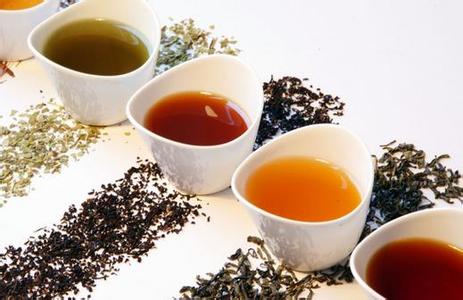Archaeologists have discovered the oldest tea in the world among the treasures buried with a Chinese emperor. New scientific evidence suggests that ancient Chinese royals were partial to a cuppa – at least 2150 years ago. Indeed, they seem to have liked it so much that they insisted on being buried with it – so they could enjoy a cup of char in the next world.
考古学家在一位中国皇帝的陪葬品中,发现了世界上最古老的茶叶。这一新的科学证据表明,中国的古代皇室是偏爱茶,至少在2150年前是这样的。事实上,这些皇室似乎很喜欢茶叶,以至于他们坚持要与它一起埋葬,这样他们可以在另外一个世界享受一杯热茶。
The new discovery was made by researchers from the Chinese Academy of Sciences.

The high-quality tea leaves found in the tomb of the Han Dynasty Emperor Jing Di, who died in 141 BC, are 2,150 years old.
这些高品质茶叶是在汉景帝墓中出土的。汉景帝卒于公元前141年,因此这些茶叶已有2150年历史。
By examining tiny crystals trapped between hairs on the surface of the leaves and by using mass spectrometry, they were able to work out that the leaves, buried with a mid second century BC Chinese emperor, were actually tea.
研究人员通过研究茶叶表面绒毛间的微小晶体并利用质谱分析法,分析出了与这位公元前2世纪皇帝一起埋葬的陪葬品中的叶子就是茶叶。
The scientific analysis of the food and other offerings in the Emperor's tomb complex have also revealed that, as well as tea, he was determined to take millet, rice and chenopod with him to the next life.
对汉景帝墓葬群中的食物和其他祭品的科学分析结果显示,除了茶,汉景帝还决定带着谷子、大米以及藜科植物去另一个世界。
Other items included weapons, pottery figurines, an 'army' of ceramic animals and several real full size chariots complete with their horses.
此外,其他发现的物品还包括武器、陶瓷雕像,陶瓷动物和几辆马匹完备的真正的战车等等。












